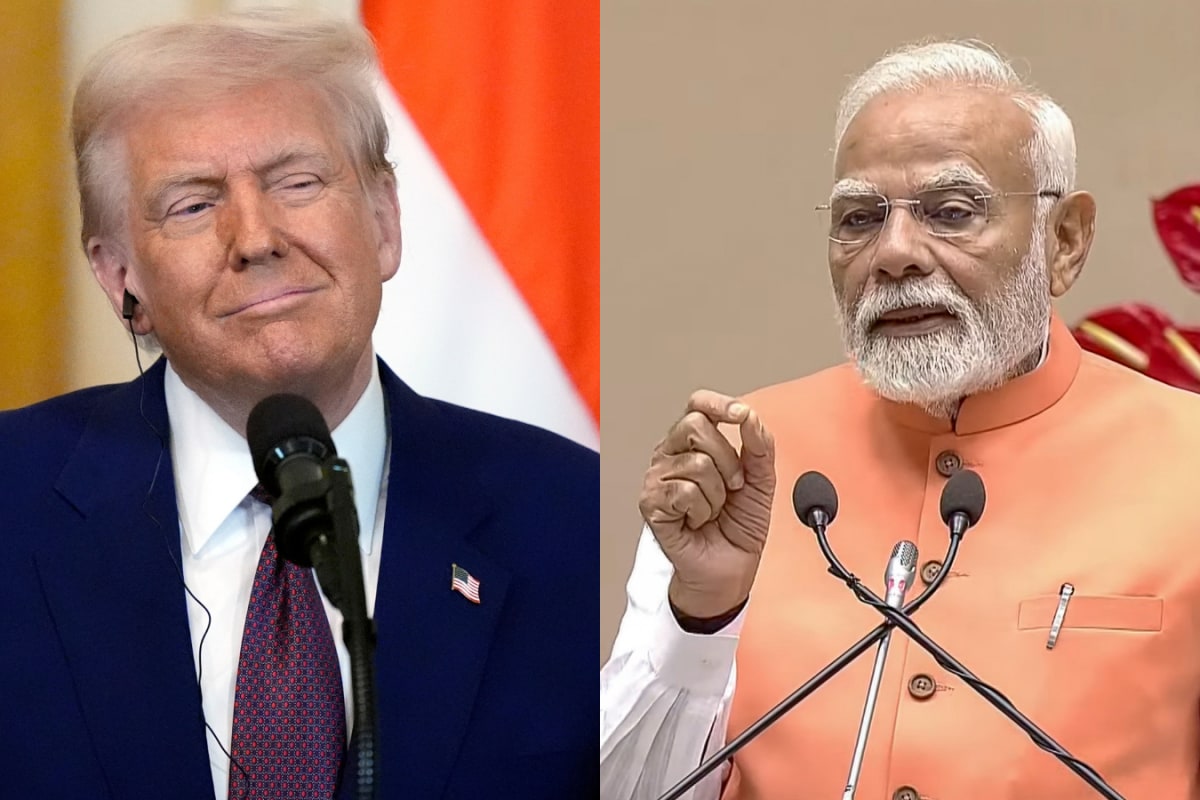

A top US official has stated that resolving trade differences with India will not happen "overnight," highlighting the complexities in reaching a comprehensive trade deal. This statement comes amidst President Trump's announcement of a 25% tariff on goods imported from India, effective August 1st, and a potential "penalty" related to India's energy and military purchases from Russia.
The US official cited that India has been a pretty closed market and there are host of other kind of geopolitical issues. The official also referenced concerns expressed by President Trump regarding India's membership in BRICS and its purchases of Russian oil. While acknowledging constructive discussions with India, the official emphasized the intricate nature of the relationship and issues, suggesting that quick resolutions are unlikely.
These developments threaten to undermine months of trade talks and strain relations with a key strategic partner seen as a counterbalance to China. India's Commerce Minister, Piyush Goyal, has affirmed that national interests will not be compromised in any trade agreement. He highlighted India's economic growth and commitment to self-sufficiency. India has been engaged in negotiations with the US for a fair, balanced, and mutually beneficial bilateral trade agreement since March 2025.
The US has long sought greater market access for its agricultural and technology exports. However, India has been hesitant, particularly concerning its dairy and farming sectors. These sectors are politically sensitive, and Prime Minister Modi has limited flexibility to offer substantial concessions, especially with upcoming national elections.
Despite the challenges, negotiations are expected to continue, with a US delegation planning to visit India in mid-August for further discussions. Some experts suggest a final decision might require direct involvement from Prime Minister Modi and President Trump. India is bracing for the potential impact of the US tariffs, viewing them possibly as a temporary measure while awaiting further negotiations. The government has stated it will take all steps necessary to secure national interests, including protecting farmers, entrepreneurs, and MSMEs.
The US President has justified the tariffs by pointing to the trade deficit with India, which stood at $45.7 billion in 2024. The US also views India's agricultural subsidies and sanitary measures as trade barriers. Total bilateral goods trade reached approximately $129 billion in 2024, with India having a trade surplus of nearly $46 billion. The US wants India to open its markets to US agriculture and dairy, which could impact its vast agriculture sector.
Even with the imposition of tariffs, Indian officials are planning to continue negotiating for a bilateral trade deal. The Indian government has acknowledged the US President's remarks and is studying their implications. India and the US have been engaged in negotiations on concluding a fair, balanced and mutually beneficial bilateral trade agreement over the last few months and remain committed to that objective.